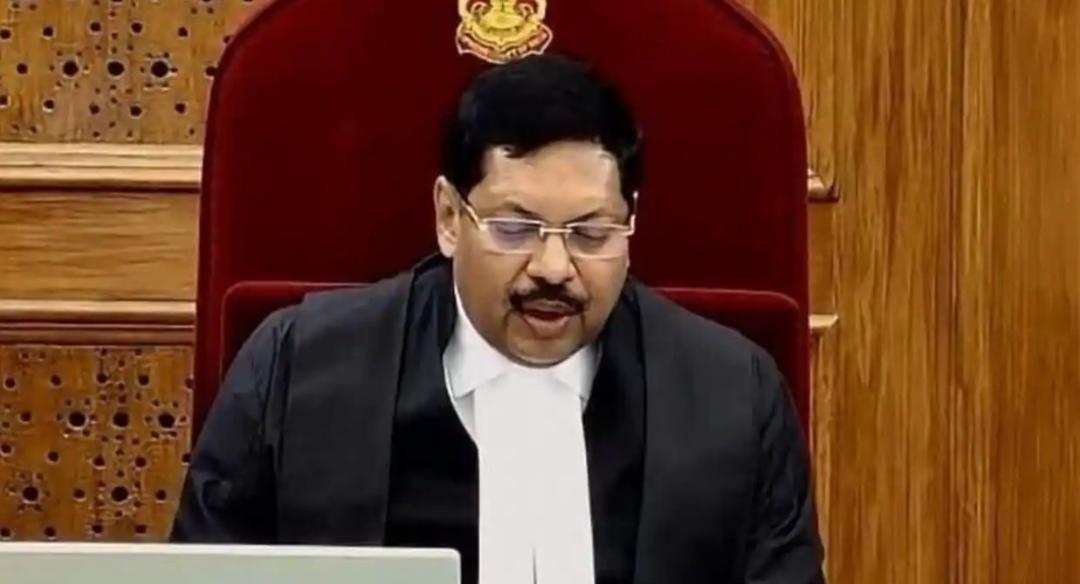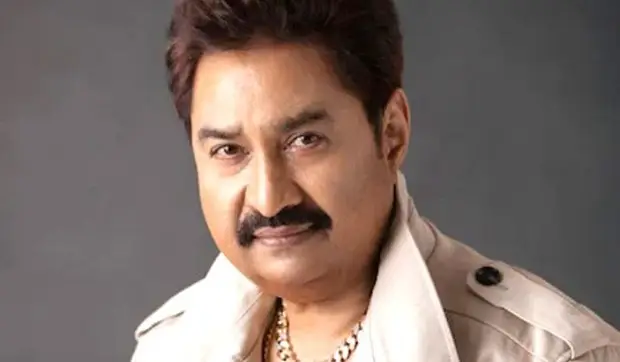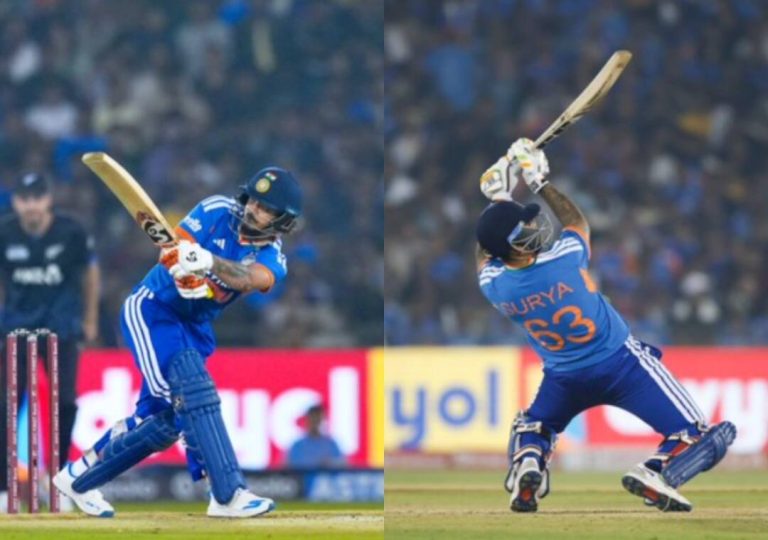
Passing ‘bulldozer order’ was my most important one: CJI Gavai
As the tenure of Chief Justice of India (CJI) BR Gavai comes to an end, he reflected on his most significant judgments during his term. In a recent statement, CJI Gavai highlighted that his judgment against “bulldozer justice” was the most important one he had passed. This statement comes as a significant commentary on the state of justice in India, where the rule of law is often seen as being compromised by executive actions.
CJI Gavai’s judgment against “bulldozer justice” refers to the practice of demolishing houses of individuals accused or convicted of crimes, often without due process or adequate compensation. This practice has been criticized for being arbitrary, unjust, and violative of human rights. By passing a judgment against this practice, CJI Gavai has sent a strong message that the judiciary will not tolerate such actions, which undermine the principles of justice and fairness.
“How can a house be demolished just because a person is accused of a crime or convicted of it?” CJI Gavai asked, highlighting the absurdity and injustice of such actions. This question gets to the heart of the issue, which is that a person’s guilt or innocence should be determined through a fair trial, and not through arbitrary executive actions. Demolishing a person’s house without due process is not only a violation of their human rights but also a form of collective punishment, which can have devastating consequences for the individual and their family.
CJI Gavai’s judgment is significant because it emphasizes the importance of upholding the rule of law and protecting human rights. In a country where the executive often wields significant power, the judiciary plays a crucial role in checking such power and ensuring that it is exercised in a fair and just manner. By passing a judgment against “bulldozer justice,” CJI Gavai has demonstrated the judiciary’s commitment to upholding the principles of justice and fairness.
As CJI Gavai prepares to retire on November 23, his legacy will be remembered for his significant contributions to the Indian judiciary. His judgment against “bulldozer justice” will be seen as a landmark decision, which has the potential to shape the course of justice in India. The fact that he has highlighted this judgment as his most important one underscores the significance he attaches to this issue and the impact it can have on the lives of individuals and communities.
CJI Gavai will be succeeded by CJI-designate Justice Surya Kant, who will take over on November 24. As the new CJI, Justice Kant will have the opportunity to build on the legacy of his predecessor and continue to uphold the principles of justice and fairness. The Indian judiciary faces significant challenges in the coming years, including the need to protect human rights, promote transparency and accountability, and ensure that the rule of law is upheld.
In this context, CJI Gavai’s judgment against “bulldozer justice” serves as a reminder of the importance of an independent and robust judiciary. The judiciary has a critical role to play in shaping the course of justice in India, and it is essential that it continues to uphold the principles of fairness, justice, and human rights. As India moves forward, it is essential that the judiciary remains a beacon of hope for those seeking justice and that it continues to protect the rights of all individuals, regardless of their background or circumstances.
In conclusion, CJI Gavai’s judgment against “bulldozer justice” is a significant milestone in the history of the Indian judiciary. It highlights the importance of upholding the rule of law and protecting human rights, and it serves as a reminder of the critical role that the judiciary plays in shaping the course of justice in India. As CJI Gavai retires and a new CJI takes over, it is essential that the judiciary continues to prioritize these principles and ensures that justice is served in a fair and impartial manner.






